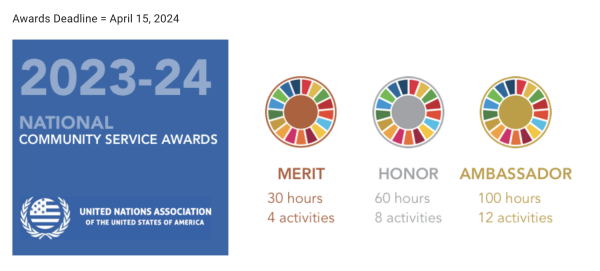5 tips for surviving freshman year
August 23, 2020


1. Take every assignment seriously.
“Do your work. Do it to the best of your ability and give your one hundred percent for every assignment, big or small. Don’t say, ‘this is good enough,’ instead say, ‘am I showing the best that I can do?’” sophomore Joseph Burke said.
Because incoming freshmen will continue with Standards-Based Grading, it’ll be easy to neglect formative assessments and not apply yourself every day.
“If you screw around in class and don’t take homework seriously, that’s going to translate onto your tests and projects. If you listen intently, it’s going to translate onto your tests as well. It’s up to you to decide what outcome you want,” Burke added.
2. Immerse yourself in the Mason community.
Freshman year is the perfect time to follow your interests or spark new ones through sports, clubs, and other activities. It will also grant you a sense of belonging at a time when everyone is physically distanced.
“My biggest tip for freshmen is to put themselves out there and get involved in the Mason community!” sophomore Erin Tarpgaard said, “Even though we can’t be together in person this year, still look for clubs and activities that you are passionate about.”
3. Develop good organizational and time management skills.
Without proper personal organization, high school can be extremely chaotic and stressful. Keeping track of assignments and planning work time are important life skills students should develop early on in the year.
Sophomore Peyton Jones recommended using free time wisely. “Take advantage of Mustang Block to get caught up on work since we have it every day,” she said.
While there is no exact “Mustang Block” on the virtual schedule, there are still times in the day designated for individual work and communication with teachers. Learning Support, which occurs just before lunch, is designed for students to have one-on-one conferences with counselors, teachers, and specialists.
4. Talk to teachers and counselors – they’re there to help you.
“Think about how school is affecting your mental health and if it is, please contact the counselors. More people use them then you would think,” sophomore Jasmine Rodriguez-Black said.
Counselors and teachers are always available to help you, whether it concerns a scheduling problem, homework assignment, or mental health issue. High schoolers aren’t expected to be completely independent, so it’s okay to ask for help when you need it. In fact, a lot of staff appreciate when students take initiative and reach out.
“Communicate with your teachers!” sophomore Emilie Miner said, “They want to help you, so use them as a resource and be honest with them because they are people too and will understand!”
5. Don’t forget who you are.
“Nobody should ever change themselves to please someone else,” sophomore Elizabeth Creed said.
Transitioning into high school can be stressful, especially online. Sometimes freshmen spend so much time worrying about the demands of Mason’s rigorous classes that they lose sight of their personal, social, and home lives.
“Make sure to keep track of yourself,” Emilie Miner said, “It is so easy to spiral into a social void and you have to make sure you are taking care of yourself mentally, emotionally, and physically.”
Bonus: “The advice I would give the freshmen,” sophomore Belarmino Castillo-Juarez said, “is that high school seems hard, but they will get used to it and they should try their best.”

















